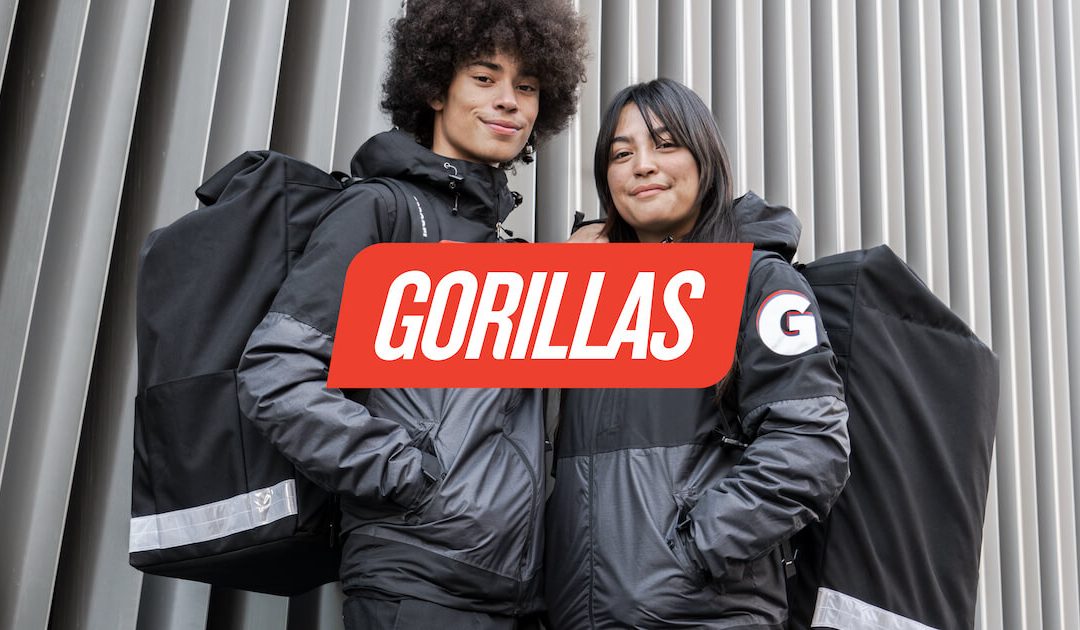Gorillas, the German delivery startup promising groceries in ten minutes or less, announced it closed its Series C funding round on Tuesday. The company raised “close to” $1 billion at a valuation of $2.1 billion. The news comes just seven months after the company closed its Series B round for $290 million.
Gorillas launched just over a year ago and has expanded rapidly. The company’s website indicates it’s operating in more than 50 European cities, largely in Germany, France and the United Kingdom. According to a press release, the company has opened 140 delivery warehouses in the last six months alone.
Delivery Hero, another German delivery company, led the round. According to a different press release, the company invested $235 million in the company, amassing an 8 percent stake.
“The size of today’s funding round by an extraordinary investment consortium underscores the tremendous market potential that lies ahead of us. With Delivery Hero, we have chosen a strong strategic support that is deeply rooted in the global delivery market, and is renowned for having unique experience in sustainably scaling a German company internationally,” said Kagan Sumer, CEO and co-founder of Gorillas, in a statement.
Gorillas debuted in the U.S. in May in New York City. The company indicated it wanted to expand to “other major cities” in a press release announcing its U.S. launch, but reporting from Business Insider Germany shows the company put those plans on ice in September. In spite of, or perhaps because of its rapid growth, Gorillas has suffered several setbacks in recent months, including a unionization effort in its home country and difficulty raising new funds.
In May, Bloomberg reported the company was attempting to raise money at a $6 billion valuation, and in August, The Telegraph reported DoorDash walked out of talks to invest $400 million “after Gorillas attempted to find another backer at a higher valuation.” The DoorDash deal would have valued Gorillas at $2.5 billion.
There are four rapid grocery delivery companies with U.S. operations, all limited to New York City. Together, the quartet have raised more than $1.5 billion in the past twelve months, more than 80 percent of which has gone to Gorillas. Despite Gorillas’ valuation-related setbacks, it’s hard to take the scale and pace of investment in rapid grocery delivery as anything other than a vote of confidence in the fledgling sector.


